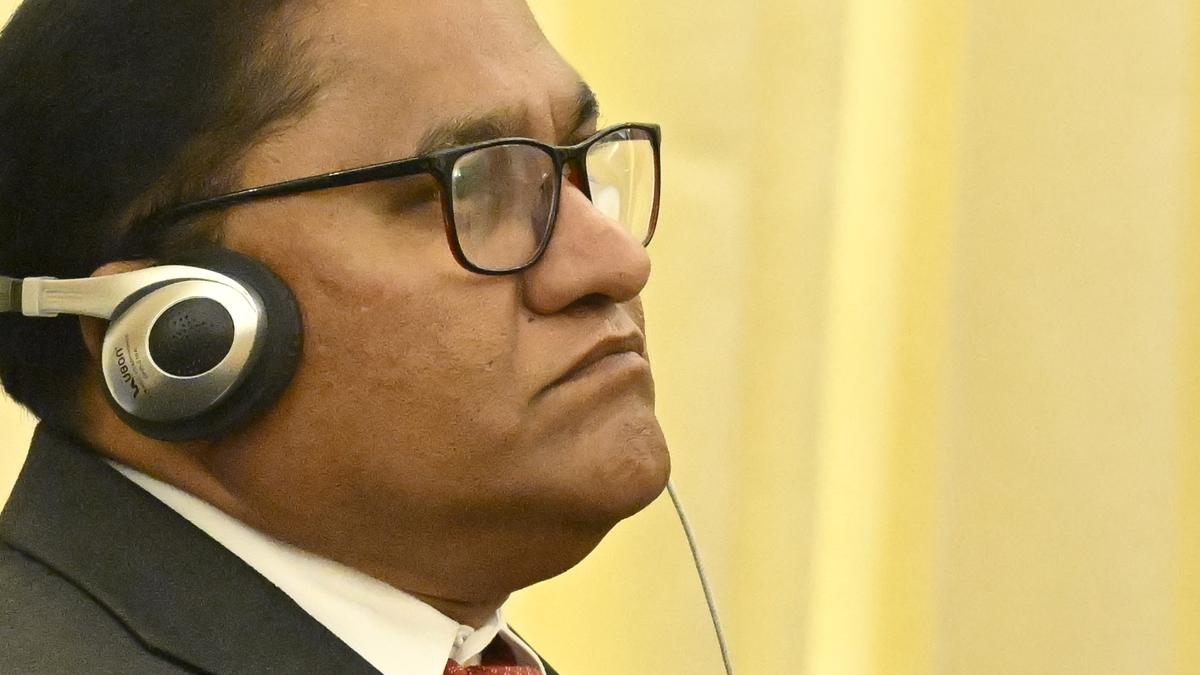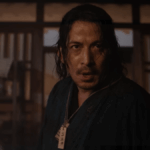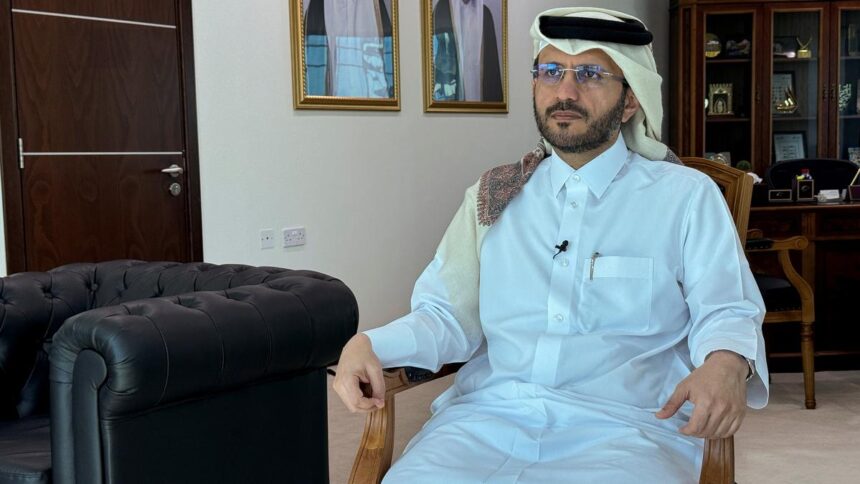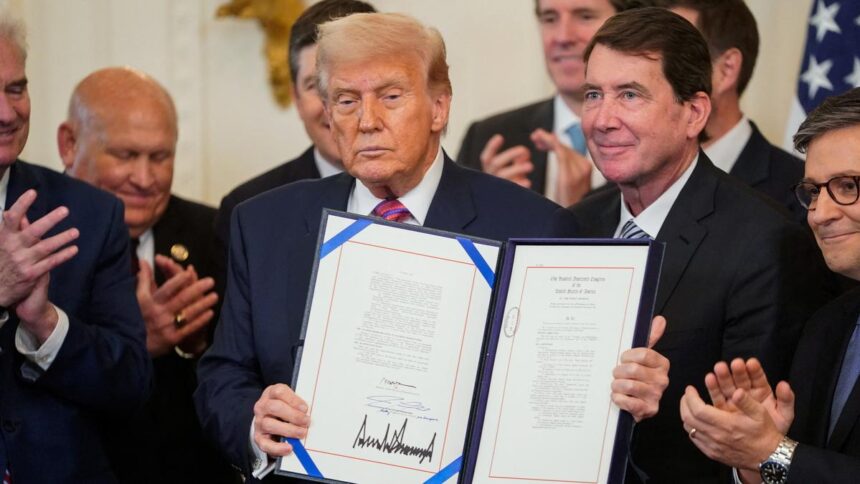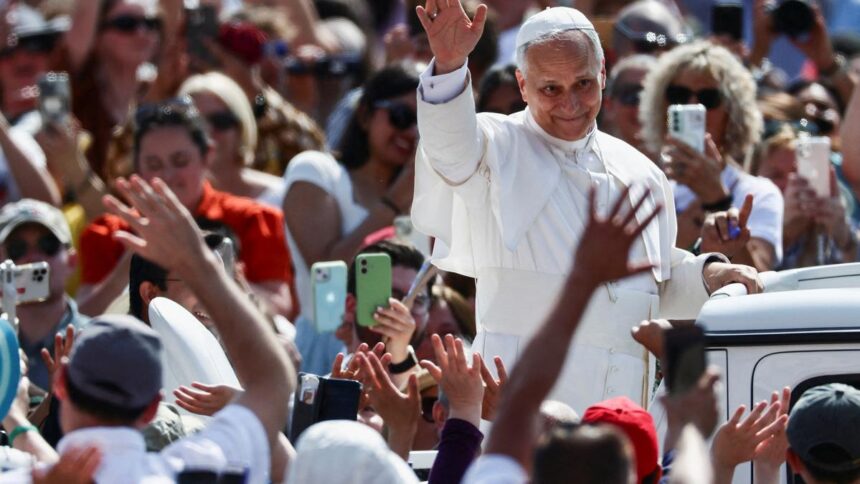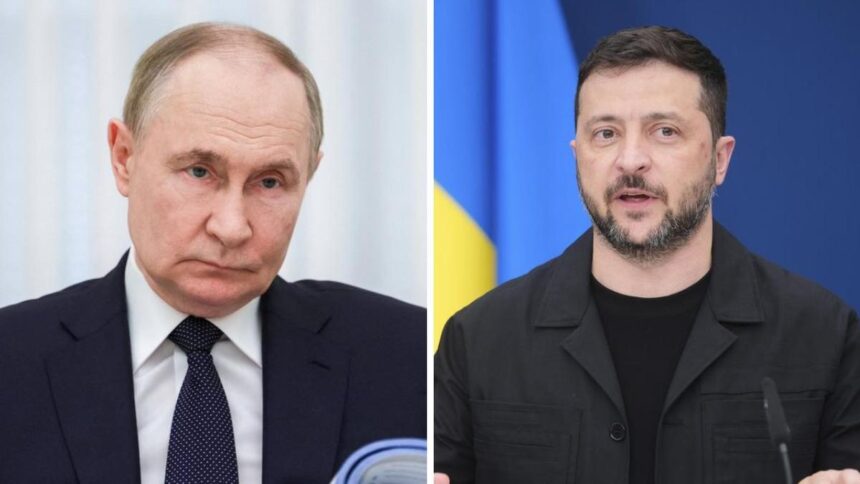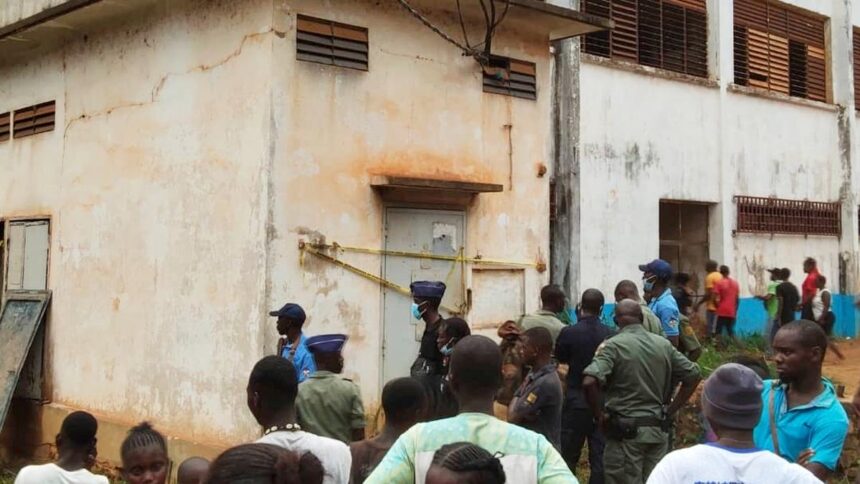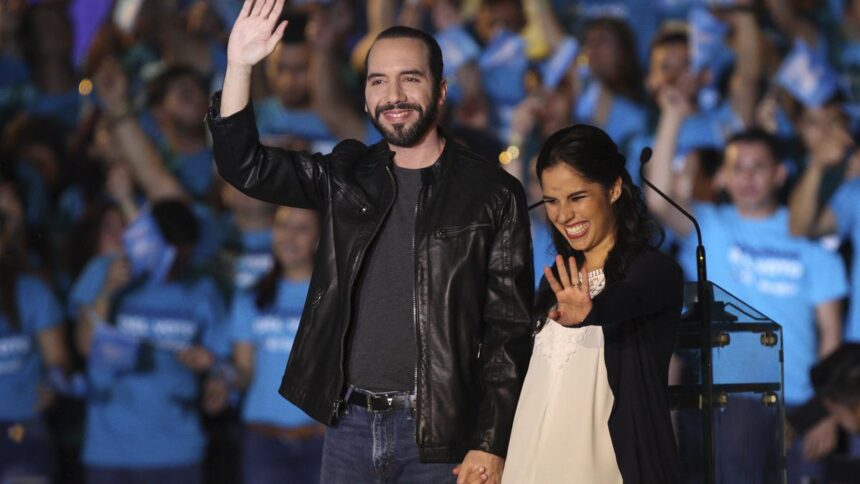
Sri Lankan Foreign Affairs Minister Vijitha Herath. File
| Photo Credit: Shiv Kumar Pushpakar
Sri Lanka on Monday (September 8, 2025) opposed international intervention on its human rights situation at the United Nations Human Rights Council (UNHRC) in Geneva, asserting that such actions undermine ongoing domestic efforts to ensure justice and reconciliation.
The 60th regular session of the UNHRC, session, which opened in Geneva on Monday, will review reports and oral updates on several countries, including Myanmar, Sri Lanka, Afghanistan, Sudan, Palestine, and Syria.
“Sri Lanka observes that external initiatives will only serve as hindrances to the ongoing national efforts and serve to polarise the population,” the Foreign Ministry said in a statement here.
Foreign Minister Vijitha Herath is scheduled to respond to a report by the U.N. High Commissioner for Human Rights, published in August, following the U.N. rights chief Volker Turk’s visit to Sri Lanka in late June.
Mr. Herath is expected to call on the Council to provide the “space required” to implement “transformative reforms” outlined in the OHCHR report, the Ministry said.
In his report, the U.N. rights chief urged Sri Lanka to accede to the Rome Statute of the International Criminal Court, which establishes the ICC’s jurisdiction over grave crimes of international concern, including genocide, crimes against humanity, and war crimes.
The report also urged the island nation to apply a moratorium on the use of the Prevention of Terrorism Act (PTA), repeal or amend laws that curtail freedom of expression, such as the Online Safety Act, issue public instructions to the security forces that all extrajudicial methods are banned, and order an end to surveillance of individuals, among other things.
Sri Lanka, however, maintains that it “does not agree” with the conclusions and recommendations in the report regarding international action.
Sri Lanka has come under international scrutiny over alleged human rights violations, particularly during the final stages of its decades-long civil war with the Liberation Tigers of Tamil Eelam (LTTE), which ended in 2009.
Various U.N. bodies and human rights organisations have repeatedly called for international accountability mechanisms, citing a lack of progress in domestic investigations and judicial processes.
The Sri Lankan government, however, has consistently argued that such external interventions infringe upon the country’s sovereignty and undermine homegrown reconciliation efforts.
Published – September 08, 2025 01:36 pm IST








